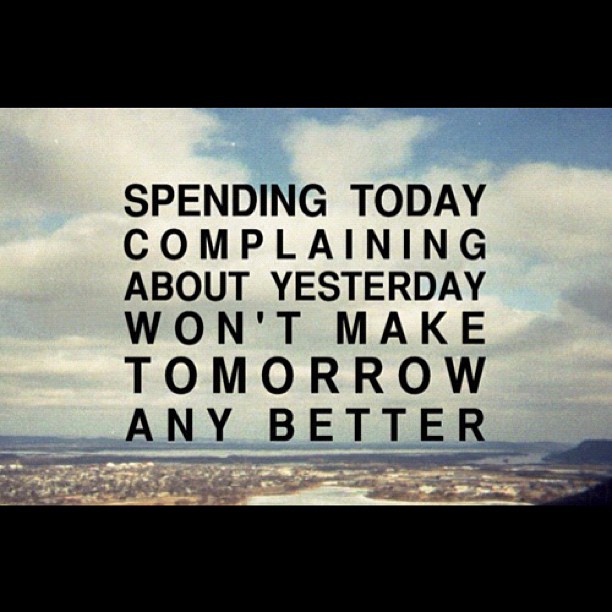Change – there's 3 things (not 2) that are certain in life
The saying goes that there are two things certain in life – death and taxes. Well I disagree. There are three things certain in life – at least life as it is now – death, taxes and … change.
And oh how we hate change. And oh how we fear it. We want certainty!
In fact, we spend inordinate amounts of time at work in strategy and planning meetings – scheming the future and planning for that predictable outcome. And in our own careers and lives we do the same – planning and pursuing the dream of a certain future.
There’s nothing wrong with that of course, and I am probably the worst offender at this. Personally, I like routine and structure. But, the reality is that we live in uncertain times and there will always be change. It will be a constant companion throughout our lives. Yet too often we treat change with contempt: we ignore it, overlook it, run away from it, pretend it does not exist, or believe that we can control it through planning and strategising. We believe that our comfortable routines are the best or only way, and any attempt to disrupt them is very much avoided.
But here’s a thought – it is often our desire to avoid change and our over-attachment to certainty that can be one of our biggest enemies. Perhaps we should embrace change and not run from it. Of course unplanned events can and will impinge on our lives. Change is inconvenient, frustrating at times, uncomfortable and sometimes painful (ever tried changing a habit?). But change isn’t necessarily bad.
Change brings opportunities. People get promoted through change. People get to show their wares in new roles because of change. Change brings new techniques, methods and inventions which can result in better performances and better productivity. Change gave the 19 year old Australian cricketer (Ashton Agar) the chance to score 98 runs and break records in their first test. Change brought TV, computers and smart phones. Change gave me the random opportunity to do bobsleigh and go to two Olympics. Change gives you the opportunity to improve things. Change brings variety. Change gets rid of the old. Change brings new seasons.
So perhaps we should change our mindset around change and instead of running from it, try and embrace it and the opportunities and possibilities it brings. After all, if nothing changes, nothing changes.
But more than that – let’s not think that it needs to be a case of predictability and stability or chaos, randomness and change. Life is more complex than just saying it is one or the other. I think we should appreciate that it is neither and/or both. Unplanned events, surprises and change can and will happen. And plans aren’t bad and they can and do work. But we shouldn’t be surprised if they don’t work out precisely as you predicted, or if they fail. Satisfying and productive lives can be sufficiently ordered to enjoy a degree of stability, but with an openness to the randomness of change and the opportunities that comes with it. Both planning and change can exist together.
My challenge
Change your mindset to embrace change and figure out how it can benefit you, personally and professionally.
For example, what change would you like to see in your life right now ?
Or what change or uncertainty are you facing right now that you can see opportunities and possibilities in?




